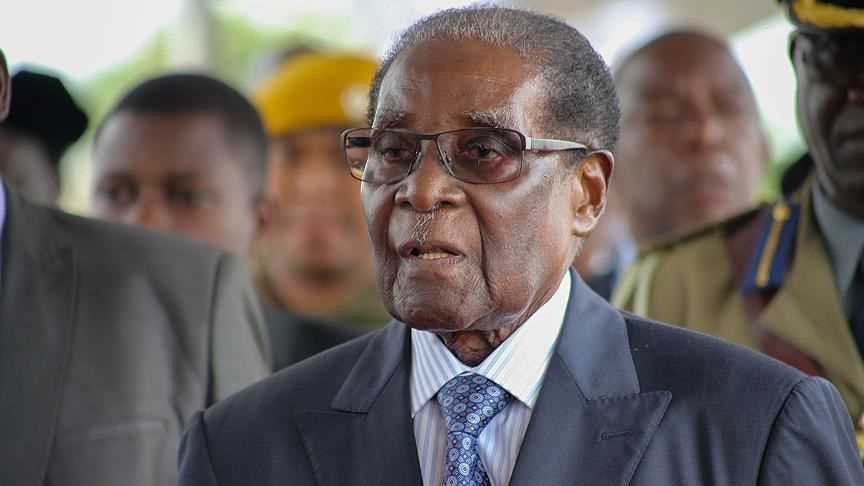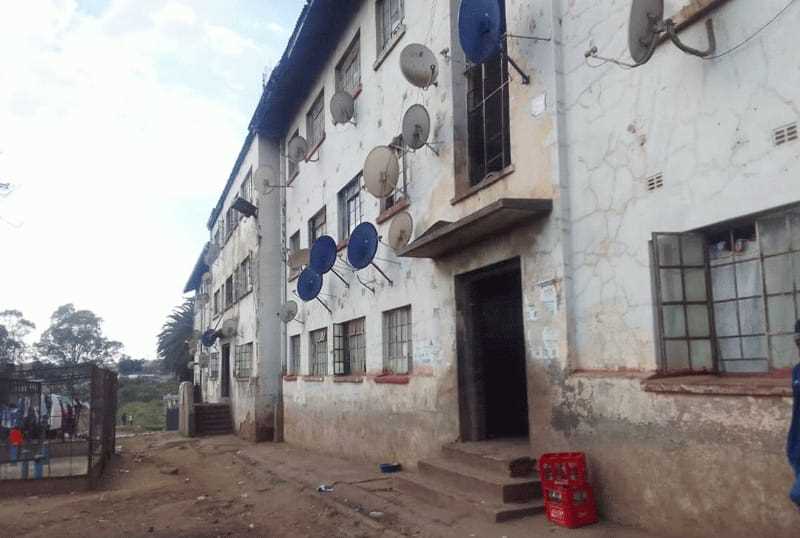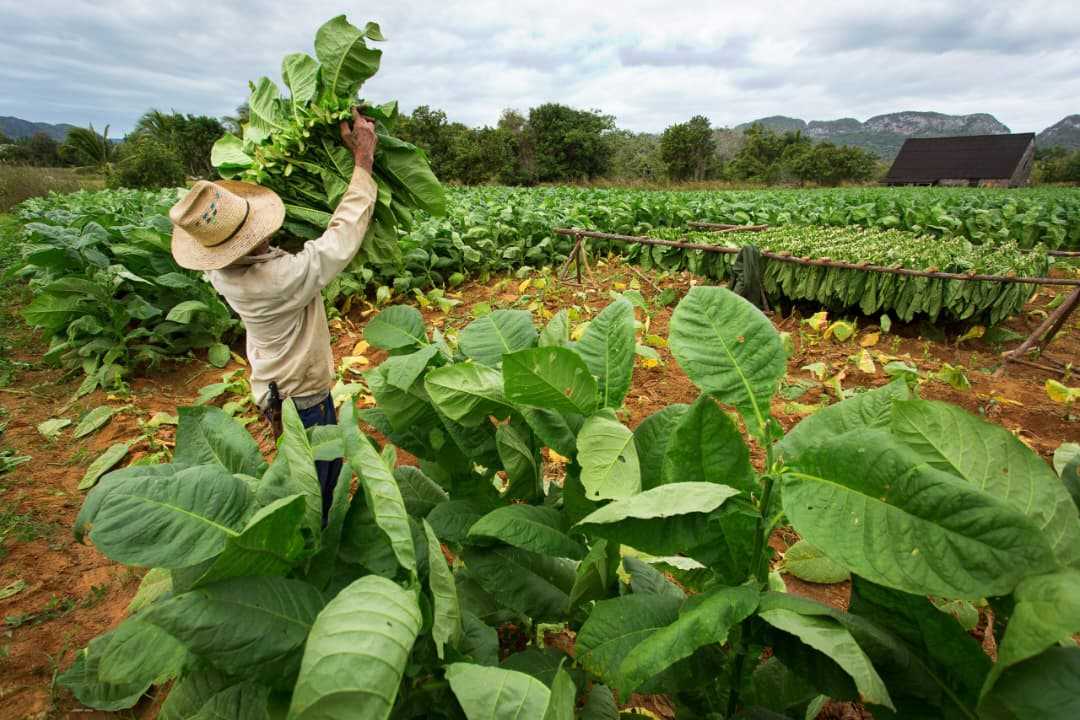
Philemon Jambaya
Zim Now Editor
Robert Mugabe, a name synonymous with Zimbabwe's modern history, left an indelible mark on the nation. Born in 1924, Mugabe rose from humble beginnings to become the country's first prime minister and later its president. His reign, spanning nearly four decades, was marked by both liberation and controversy.
Related Stories
Mugabe's legacy is intertwined with the struggle for Zimbabwean independence. After years of fighting against white minority rule, he led his party, ZANU-PF, to victory in the 1980 elections. As prime minister, he worked to dismantle the racial inequalities of the past and improve conditions for the country's black majority. His efforts to promote education and healthcare earned him respect and admiration from many.
However, Mugabe's reign was also characterized by authoritarianism and economic mismanagement. His policies, such as the forced seizure of white-owned farms, led to a decline in agricultural production and widespread economic hardship. Critics accused him of human rights abuses, corruption, and electoral fraud.
Mugabe's grip on power began to weaken in the late 2000s as the country faced a deep economic crisis. Growing discontent and international pressure eventually led to his resignation in 2017. His departure marked the end of an era for Zimbabwe, but his legacy continues to be debated.
Robert Mugabe is a complex figure who cannot be easily categorized. While he played a pivotal role in Zimbabwe's liberation, his subsequent actions as president raised serious concerns.



















Leave Comments